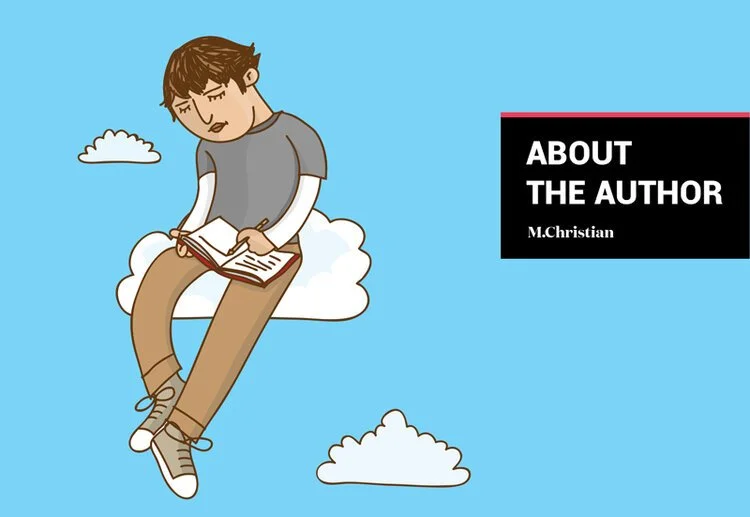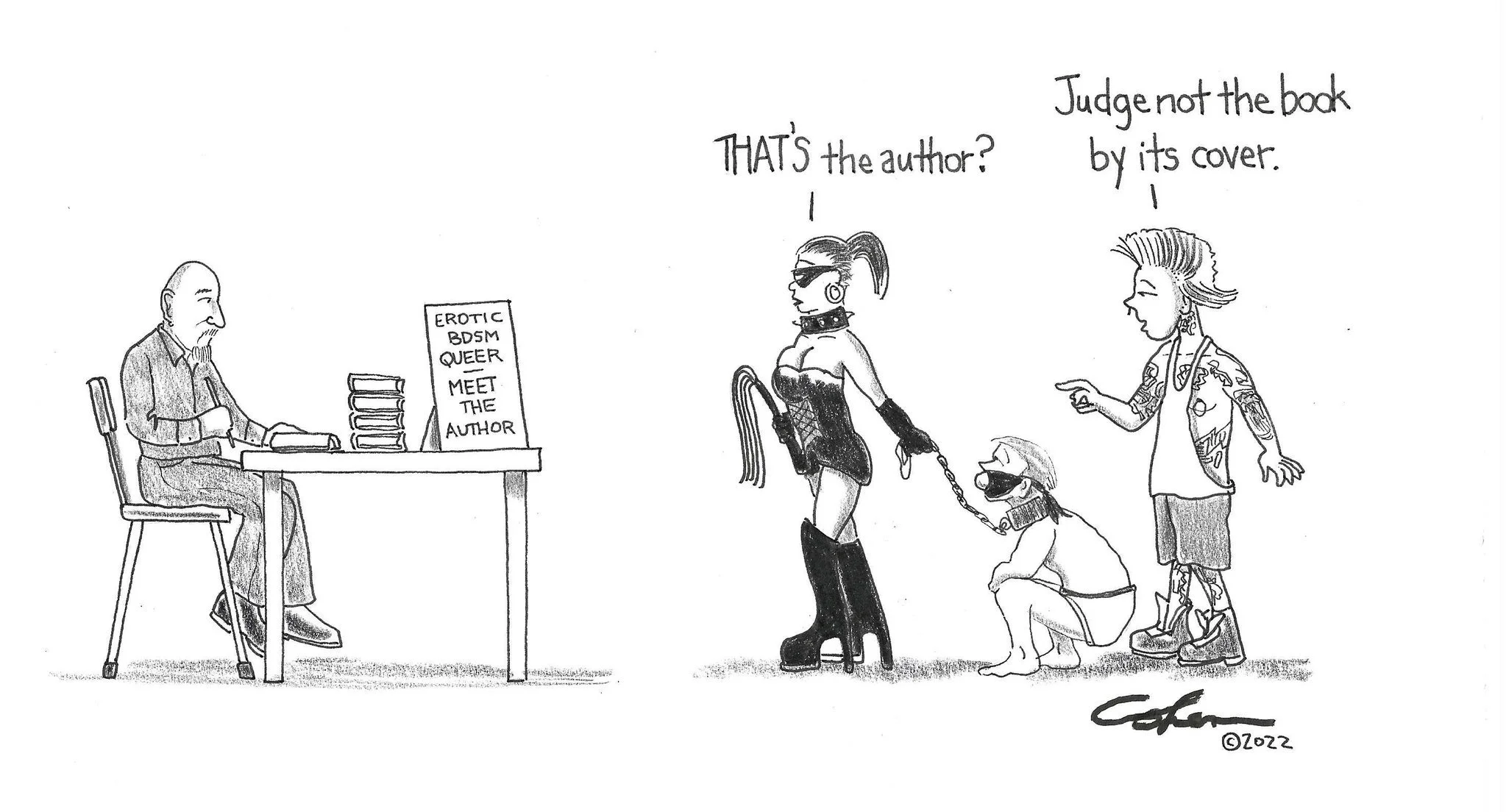About the Author
Ever since I sold my first story back in 1993, the genre I have worked in most has been LGBT fiction: sometimes gay, sometimes lesbian, and periodically one of the other letters. But the thing is, it’s always something that I, Chris, am not.
To put it plainly: I’m straight. And while I feel a deep connection with the queer community, I obviously recognize my experience of the world is not the same. So, I often wonder: Should I have written these stories? And, more pressing, should I continue to?
These questions have given me sleepless nights for decades. While I have yet to reach a satisfying answer to either of them, I continually arrive at two points that anchor me and offer some reassurance. For one, I create fictional narratives with fictional characters and have never tried to present them or myself as anything but what they are. More importantly, my creative process focuses on illuminating the common experiences of humanity, because it is these experiences — of love, lust, passion, and longing — familiar to us all, that drive erotic storytelling.
My journey as a writer began as a search for belonging. Having been a science fiction fan from a young age, I decided to pursue my need for acceptance — fueled by my dysfunctional family — by striving for a career as a sci-fi writer. Was my dream a little delusional? Absolutely! But it did have a somewhat magical effect: I began to write with a vengeance.
I am not sure how many stories I wrote during this early era, but it was a lot. I still have some tucked away in a closet somewhere. Yet, no matter how many narratives I developed, classes I took, books I read, or submissions I sent off, I never sold a single one.
About a decade later, at the onset of what some might describe as the erotica renaissance of the 1990s, my life took me to its epicenter in San Francisco. I had never attempted the genre before, but my desire to write my way into the community I’d always wanted hadn’t faded. So I wrote an erotic story and submitted it to a magazine called Future Sex. To my delight, they bought it! Shortly thereafter, American feminist author Susie Bright selected the same story for her 1993 anthology, The Best of American Erotica. And just like that, I became a professional author. Even more surprising, because sexually explicit stories were suddenly in demand, so was I.
A few sales and one anthology later, I found myself chatting with a fellow writer friend. He was compiling a book of gay cowboy erotica and asked if I wanted to contribute a story. He knew I was straight, and since he was unconcerned about my orientation, so was I. Shortly thereafter, in 1996, the story I contributed was included in an edition of Best Gay Erotica. Through its inclusion, I was able to make connections with supportive publishers and have since written and sold quite a few erotic stories featuring queer characters.
I understand why some might find my participation in this work inappropriate. Even though I strongly sympathize with the LGBT community, the fact is I am not lesbian, gay, bi, or trans. Does this mean I am taking work away from writers who are? I honestly don’t know. I have certainly been as out as possible about who I am with all those who have published me. I also try to use my visibility to present greater diversity in erotic experiences by giving voice to often-underrepresented perspectives. Is it possible that both of these interpretations of my work can be true simultaneously?
Another common question I come up against as a straight writer of queer erotica is whether a straight person is even capable of crafting queer narratives at all. It is certainly true I will never fully comprehend the unique challenges of being queer. But when it comes to my ability to write a compelling erotic narrative, I do not believe this knowledge is necessary.
For me, erotica isn’t so much about trying to turn someone on, but rather effectively contouring the nature of sex itself: that it can be bittersweet, sad, depressing, dark, even frightening — and yet it is still exciting. Erotic stories, like all stories, are ultimately about our humanity, and whether gay, lesbian, bi, trans, or straight, we are all people in the end. We all know sadness, loneliness, and heartbreak; we all have known hope; we all desire reciprocal love. These feelings are universal, and my success as a writer hinges on my ability to articulate them accurately.
Sometimes I am still surprised that queer-erotica editors like my work, and I’m flattered whenever they publish it. I have never felt like what I do is anything special, but I am honored and humbled by the fact that so many people seem to think otherwise. In my search for a community, I am happy to say that I found it in queer erotica. And even though I may not know what sex is like for an LGBT person, I will always strive to honor this community by creating works that speak to our universal humanity, not to what separates us.
Published Sep 30, 2020
Updated Jan 25, 2024
Published in Issue VIII: Art











